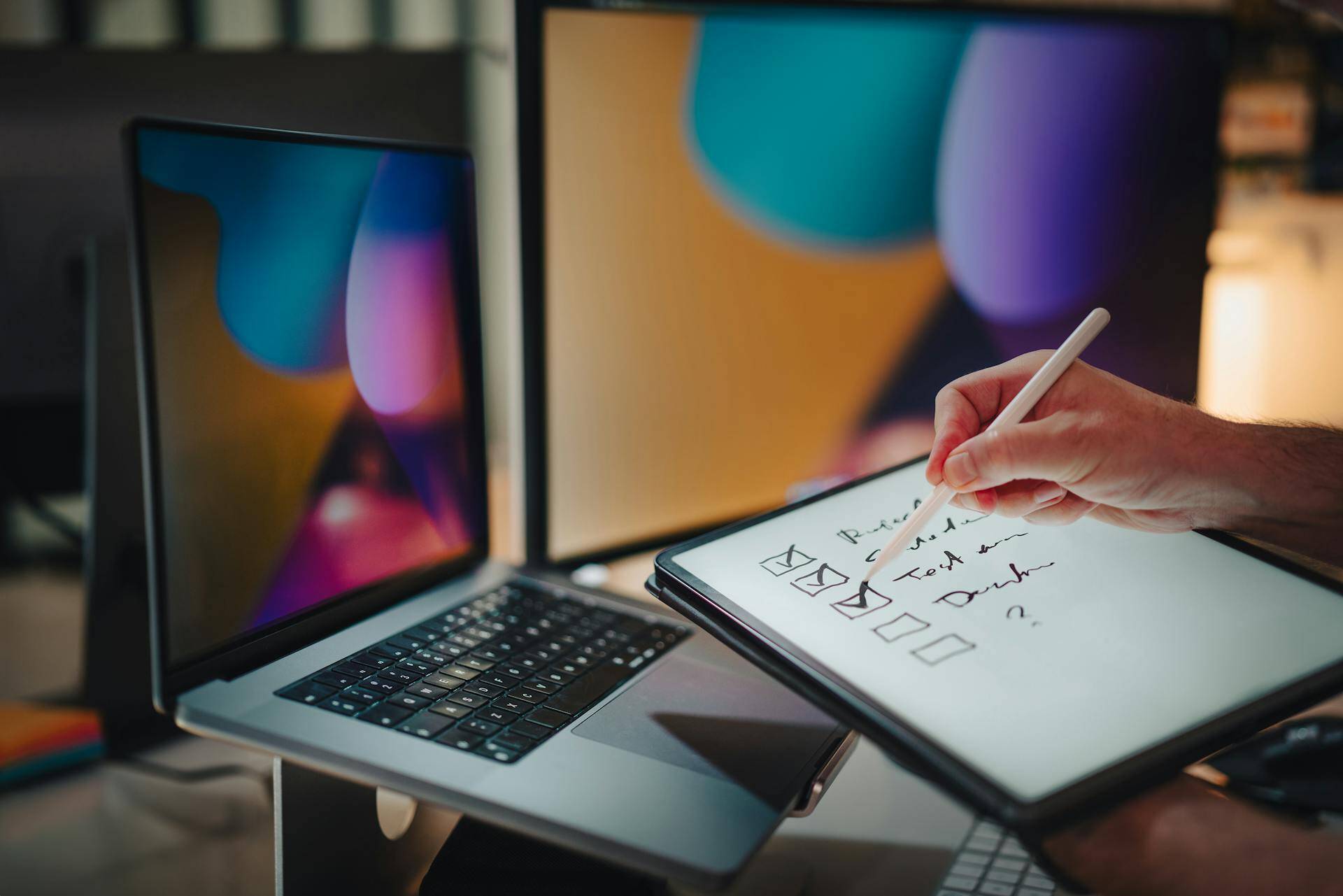
The choice between tablet and laptop represents a technological dilemma that many consumers face today.
Both devices offer a range of features that can meet different needs for both personal and professional use. However, to determine which is the best option for you, it is essential to examine the advantages and disadvantages of each, considering your specific usage needs.
In addition, you also need to consider the cost, in fact there are tablets that have optimal performance at very attractive prices, you can find plenty of tablets on sale: save with the best deals that are currently online.
Follow us in this guide and see with us how to be able to make the best choice between laptops and tablets.
Advantages and disadvantages of laptops
To be able to figure out whether to buy a tablet or a laptop, it is good to see what the advantages of both can be. Generally speaking, laptops are considered better mainly from a technical point of view. But let's see in detail all the advantages and also some of the disadvantages that laptops can offer you:
- Computing power: modern notebooks offer high performance, capable of smoothly handling design software, video editing and advanced games, thanks to their powerful CPU, increased RAM and dedicated graphics cards.
- Efficient multitasking: running multiple applications in parallel is smoother on a notebook, thanks to operating systems such as Windows or macOS that offer an interface optimized for multitasking.
- Expandability and connectivity: The ability to expand memory or replace the hard drive, combined with the presence of numerous ports for connecting external devices, makes laptops extremely versatile.
- Superior typing performance: The physical keyboard of a laptop is generally more comfortable and ergonomic for prolonged typing than the virtual or external keyboards of tablets.
Among the disadvantages of laptops, on the other hand, we can find:
- Limited Portability: although lightweight and thin models exist, laptops tend to be heavier and bulkier than tablets, making them less practical to carry.
- Noise and Heat: the presence of cooling fans can generate noise, and during heavy use, laptops can become hot to the point of being uncomfortable when used on the lap.
Advantages and potential disadvantages of tablets
If you are looking for a device for multimedia use, reading, or quick access to online content, with an eye toward portability, a tablet might be the right choice. However, what are the advantages and disadvantages of tablets? Let's look at them in detail:
- Portability: Tablets shine with their lightness and thinness, making them ideal for use on the go, in the classroom, or while traveling.
- Touch-optimized user experience: Tablet operating systems are designed to be intuitive and easy to navigate via touch, offering a smooth and immediate user experience.
- Ready to use: Tablets boot up quickly, allowing access to documents, apps and online resources in seconds, ideal for quick and spontaneous use. Whether you're browsing for the latest news, streaming content, or looking to find trusted online gambling platforms, a tablet offers the convenience of fast, on-the-go access.
- Low power consumption: Due to the energy efficiency of their components, tablets boast longer battery life than many notebooks, adapting well to extended use away from electrical outlets.
Disadvantages of tablets, on the other hand, include:
- Power limitations: despite technological advances, tablets remain less powerful than laptops, limiting the use of professional software or games with high requirements.
- Limited expandability and connectivity: the hardware upgrade capability of tablets is almost nonexistent, and connection options to external devices are often reduced.
- Less ergonomic typing: for those who write a lot, the lack of an integrated physical keyboard can make the typing experience on a tablet less comfortable than on a notebook.
Choosing between a tablet and a laptop based on your needs
When choosing between a laptop and a tablet, the decision depends strictly on individual needs, the type of intended use, and personal preferences.
The laptop is ideal for those who need a versatile platform for tasks that require processing power, such as programming, graphic design, video editing, and advanced gaming.
It offers a more comprehensive operating system, with the ability to run specialized software, and has a physical keyboard and larger screen, which improve productivity in tasks that require significant typing or visual detail.
On the other hand, a tablet is better suited for those seeking extreme portability and constant connectivity. It is perfect for handling communications, such as e-mail, instant messaging, and social media, as well as offering the convenience of always having a camera, GPS, and a wide range of applications for everyday needs at hand.
Its ease of use and ability to perform multiple functions make it an indispensable tool for those who are always on the move and need to stay connected with the world around them.
In summary, those who require high performance, larger screens, and the flexibility of more complex software will find the laptop the tool best suited to their needs.
Conversely, for those who favor ease of transport, quick access to the Internet and multifunctionality for lighter daily tasks, the tablet is the best choice.







